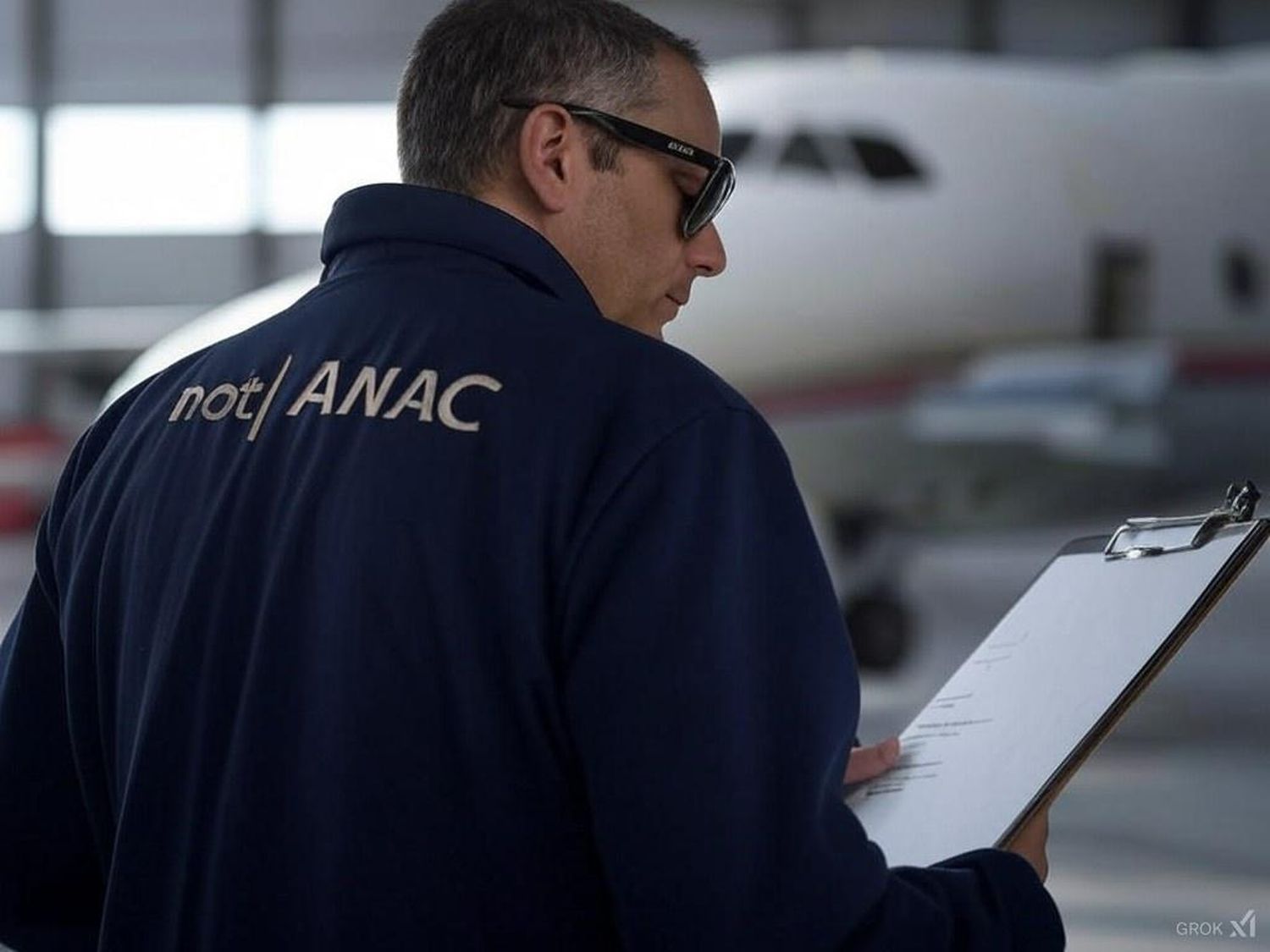Delegated Authority in Argentine Aviation: Progress with Challenges
The National Civil Aviation Administration of Argentina (ANAC) has initiated the preliminary phase of adopting Delegated Authority, but what is it, how does it work, and what are its primary advantages and disadvantages?
The National Civil Aviation Administration of Argentina (ANAC) has taken a significant step by issuing Resolution 1/2025 (published in Spanish), initiating the preliminary phase of adopting the concept of a Delegated Authority. This move seeks to "delegate operational responsibilities under strict supervision mechanisms," according to the agency.
The question arises: what is Delegated Authority, how does it work, and what are its primary advantages and disadvantages? Let’s break it down.
What Is Delegated Authority?
Delegated Authority is a system where aviation regulatory bodies assign certification and oversight tasks to qualified individuals or organizations. In theory, this enables agencies to focus on critical safety issues while leveraging industry expertise for routine functions. In practice, however, the system’s effectiveness depends on the regulatory framework and its enforcement.
The United States: Organization Designation Authorization (ODA)
In 2005, the Federal Aviation Administration (FAA) implemented the Organization Designation Authorization (ODA) program under Title 49 of the U.S. Code (§44702(d)). The program consolidates previous initiatives, delegating tasks like aircraft certification, oversight of manufacturing operations, certification of professionals, and approval of design changes. This includes innovations such as those in the development of the Boeing 737 MAX.
The ODA reduces the FAA’s administrative burden by transferring routine tasks to qualified organizations. It leverages industry expertise for detailed technical assessments and accelerates the certification of new technologies. However, challenges have emerged. During the certification of the Boeing 737 MAX, the FAA’s limited oversight and understanding of proprietary technology led to significant safety concerns. Investigations revealed that the ODA often functioned as an automatic approval mechanism under corporate pressure, compromising impartial quality and safety controls.
Following accidents involving the 737 MAX, a 2023 expert panel identified deficiencies in oversight and internal pressures on ODA members. Recommendations included ensuring clear communication between ODA units and FAA technicians without fear of reprisal.
Europe: Design Organisation Approval (DOA)
The European Union Aviation Safety Agency (EASA) oversees the Design Organisation Approval (DOA) program. This system recognizes design organizations that meet stringent requirements under Subpart J of Part 21 of EU regulations. Authorized organizations conduct design activities independently, with compliance documents accepted by EASA without additional verification.
The DOA’s strengths include alignment with European regulations, facilitating cross-border cooperation, and rigorous control of delegated activities. However, its strict regulatory requirements can slow processes, and organizations must invest heavily in infrastructure and personnel. Although no significant incidents have been publicly tied to DOA deficiencies, coordination challenges between Design Organisations (DOAs) and Production Organisations (POAs) have been noted, potentially affecting the consistency and quality of certification.
Global Perspective
Other countries have implemented similar systems. Canada’s Transport Canada Civil Aviation (TCCA) uses delegates for conformity assessments, while Australia’s Civil Aviation Safety Authority (CASA) manages the Approved Design Organisation (ADO) program. The International Civil Aviation Organization (ICAO) promotes global harmonization of delegation practices.
These systems offer consistency and facilitate international product acceptance. However, their effectiveness varies by country, often facing criticism over oversight and susceptibility to external influences. Delegated authorities must address complex networks of suppliers, repairs, validations, and modifications, making supervisory structures essential to maintaining operational safety.
Argentina’s Approach
Argentina’s adoption of a Delegated Authority model reflects a global trend. However, the challenge lies in ensuring thorough oversight while delegating responsibilities. Auditing the auditors and maintaining strict verification processes will be crucial to avoid unintended consequences. While the aviation industry in the region has made significant strides in safety, any deviation in oversight could pose risks.
By learning from global examples, Argentina has the opportunity to implement a robust Delegated Authority system that balances efficiency with accountability, ensuring the continued safety of its aviation operations.


Comentarios
Para comentar, debés estar registrado
Por favor, iniciá sesión